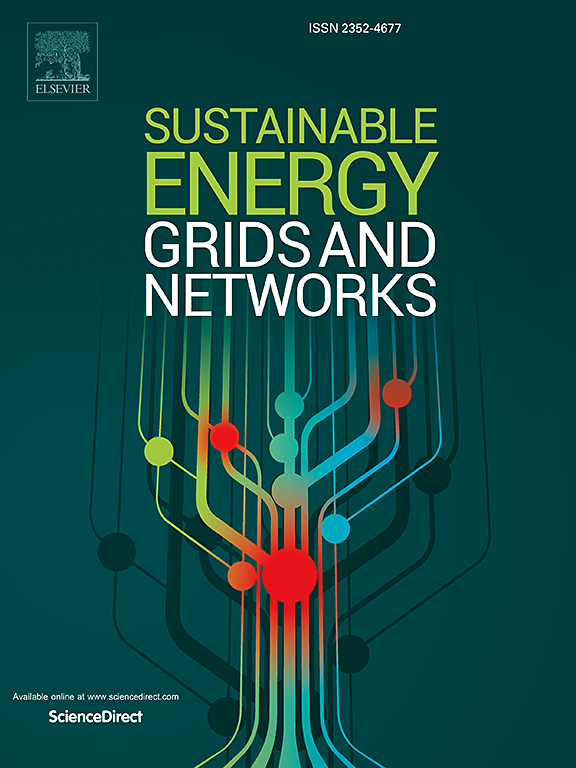Hesitant bipolar fuzzy set-based decision system for electric vehicle charging station location planning
IF 4.8
2区 工程技术
Q2 ENERGY & FUELS
引用次数: 0
Abstract
The selection of electric vehicle (EV) charging station locations is a critical challenge that significantly affects the growth and acceptance of the EV industry. As EVs offer a sustainable solution to fossil fuel depletion and environmental pollution, identifying optimal charging station sites involves dealing with uncertain, inconsistent, and conflicting criteria. To address these challenges, this paper presents an innovative decision-making framework based on Hesitant Bipolar-Valued Fuzzy Sets (HBVFSs), which account for both positive and negative hesitant membership values to better model uncertainty in expert judgments. A novel hybrid Multi-Criteria Decision-Making (MCDM) technique is proposed, combining the Step-wise Weight Assessment Ratio Analysis (SWARA) and Pivot Pairwise Relative Criteria Importance Assessment (PIPRECIA) methods to determine robust criteria weights within the HBVFS environment. The Preference Ranking Organization METHod for Enrichment Evaluation II (PROMETHEE-II) is employed for the final site ranking. This integrated approach enables a more comprehensive and reliable evaluation of potential locations by incorporating both qualitative and quantitative factors. The proposed methodology has practical applications in real-world infrastructure planning and supports more resilient decision-making in sustainable transportation networks. The results demonstrate the model’s effectiveness and adaptability in addressing the site selection problem under uncertainty.
基于犹豫双极模糊集的电动汽车充电站选址决策系统
电动汽车(EV)充电站位置的选择是一项关键挑战,它对电动汽车行业的发展和接受程度产生重大影响。由于电动汽车为解决化石燃料消耗和环境污染问题提供了可持续的解决方案,因此确定最佳充电站地点涉及处理不确定、不一致和相互冲突的标准。为了解决这些问题,本文提出了一种基于犹豫双极值模糊集(HBVFSs)的创新决策框架,该框架考虑了积极和消极的犹豫隶属度值,以更好地模拟专家判断中的不确定性。提出了一种新的混合多准则决策(MCDM)技术,结合逐步权重评估比分析(SWARA)和枢轴对相对准则重要性评估(PIPRECIA)方法来确定HBVFS环境下稳健的准则权重。采用富集评价偏好排序组织方法II (promehee -II)进行最终的站点排序。通过结合定性和定量因素,这种综合方法能够对潜在地点进行更全面、更可靠的评估。所提出的方法在现实世界的基础设施规划中具有实际应用价值,并支持可持续交通网络中更具弹性的决策。结果表明,该模型对不确定条件下的选址问题具有较强的适应性和有效性。
本文章由计算机程序翻译,如有差异,请以英文原文为准。
求助全文
约1分钟内获得全文
求助全文
来源期刊

Sustainable Energy Grids & Networks
Energy-Energy Engineering and Power Technology
CiteScore
7.90
自引率
13.00%
发文量
206
审稿时长
49 days
期刊介绍:
Sustainable Energy, Grids and Networks (SEGAN)is an international peer-reviewed publication for theoretical and applied research dealing with energy, information grids and power networks, including smart grids from super to micro grid scales. SEGAN welcomes papers describing fundamental advances in mathematical, statistical or computational methods with application to power and energy systems, as well as papers on applications, computation and modeling in the areas of electrical and energy systems with coupled information and communication technologies.
 求助内容:
求助内容: 应助结果提醒方式:
应助结果提醒方式:


